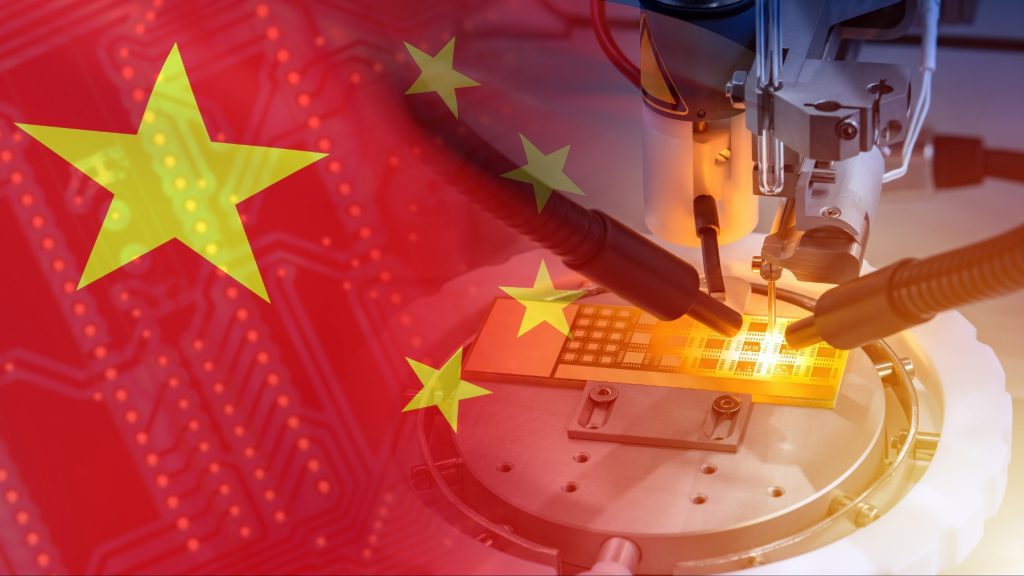
Chinese telcos are making the switch to domestic chips, protecting themselves in the case that foreign chips become inaccessible.
- With how the U.S. has been treating China and its companies in the last couple of years, their fears are not unfounded.
- Despite not being as advanced as American chips, Chinese chips are not too far behind.
Major Chinese telcos are decreasing their reliance on foreign chips and using domestically made ones, further pushing China toward self-fulfillment.
Throughout history, countries did not have to make everything domestically. Instead, they would trade with others, like the U.S., China, and Russia, to fulfill their needs.
However, as technology advances, this trade gives every government, democratic or otherwise, a fair shot at developing its technology. This does not sit well with every country. As far as the U.S. is concerned, China’s technological advancement is a matter of national security. As a result, Uncle Sam has been trying to hinder China.
Like Taking Candy from a Baby
The U.S.’s interventions were made easy, with its tech companies often surpassing that of China, especially in chip design and manufacturing. This excellence led China to become reliant on foreign chips without working on its own. Then, Biden struck, restricting and limiting what American chip companies, like Nvidia and Intel, can trade with China.
Chinese companies were then left to fend for themselves. So, now, rather than seek more foreign chips, China decided that it was better to make its own. And that’s exactly what happened. A couple of months after the restrictions were announced, Huawei came out with its first bundle, much to everyone else’s dismay.
They Figured It Out…They Always Do
Chinese telecom operators, including China Telecom, China Mobile, and China Unicom, have been relying on domestically made central processing units (CPUs). Instead of importing foreign chips, they have been procuring them from Huawei, Hygon, or Loongson (Side Note: G-series are servers based on CPUs formally developed in China).
Four years ago, China Telecom’s servers had 19.9% domestically made CPUs. At the time, 79.4% of the chips were Intel Xeon. Today, 67.5% of the 156,000 servers that the telco plans on acquiring are G-series.
For its part, China Mobile has 10 out of 13 server procurement tenders designated as G-series, a 22.5% increase since 2020, according to China’s Global Times.
China Unicom favors Huawei’s Kunpeng 920 and Sugon’s Hygon 7165 and Hygon 7185. It has been replacing foreign chips with domestic ones since 2020.
The telcos are also working on making their infrastructure work seamlessly, regardless of the type of processor powering it.
Brace Yourself, America!
Chinese chips may not be on par with foreign chips, specifically American ones. However, Chinese companies are quickly gaining on US companies. And that may not bode well for the US, which has worked hard for the better part of the last decade to deter China from accomplishing any significant technological advancements. The U.S. is worried about China’s military capabilities once its companies achieve the level of success that the like of Nvidia is enjoying right now. But it also needs to take into account what will happen to the global market once China, known for cheaper alternatives, catches up.
Final Thoughts
As things stand, Chinese companies do not hold a candle to U.S. tech giants. However, that does not mean that the tide won’t change. So, the situation is concerning, and it can quickly escalate. What will happen then?
Inside Telecom provides you with an extensive list of content covering all aspects of the tech industry. Keep an eye on our Telecom sections to stay informed and up-to-date with our daily articles.